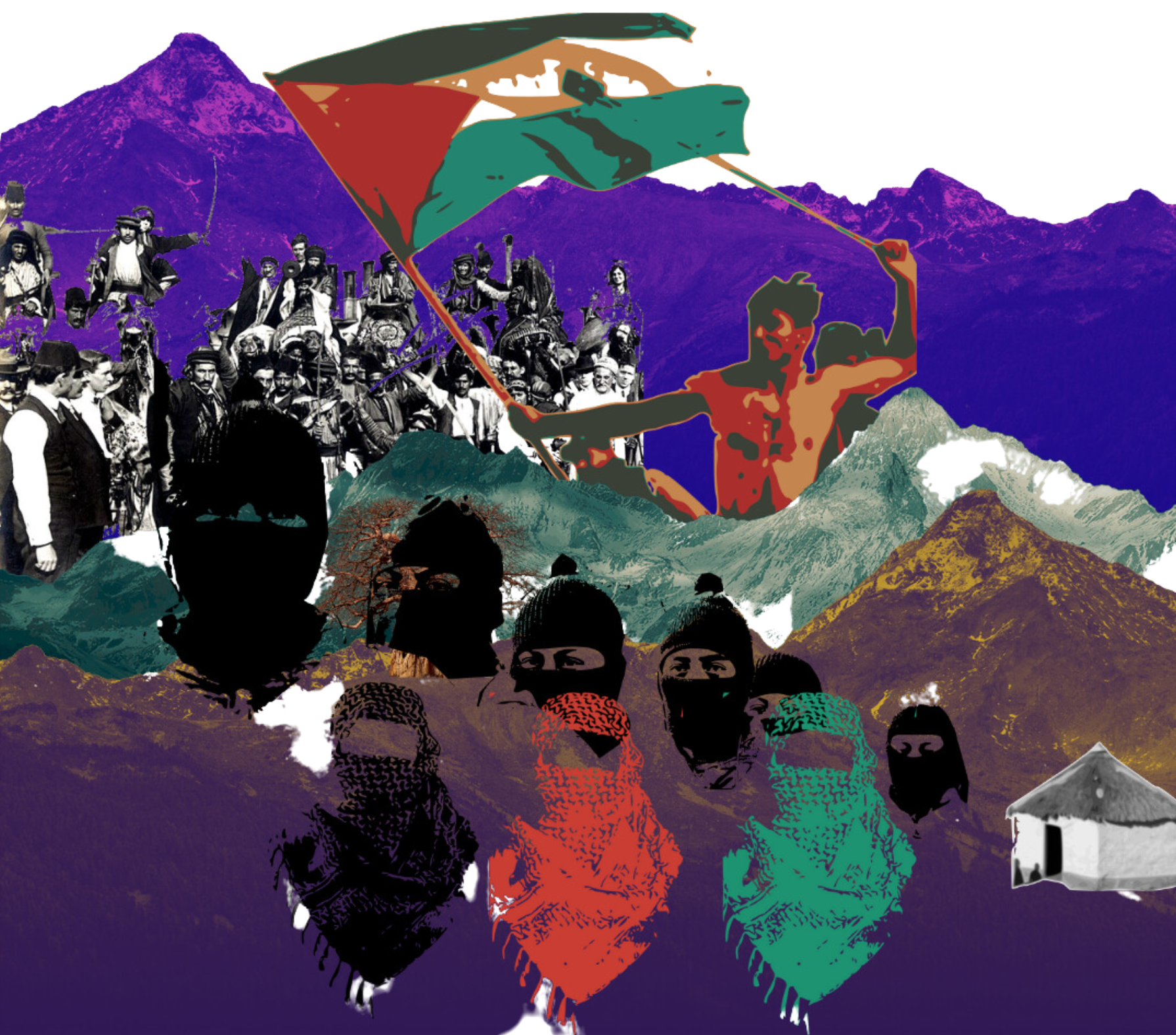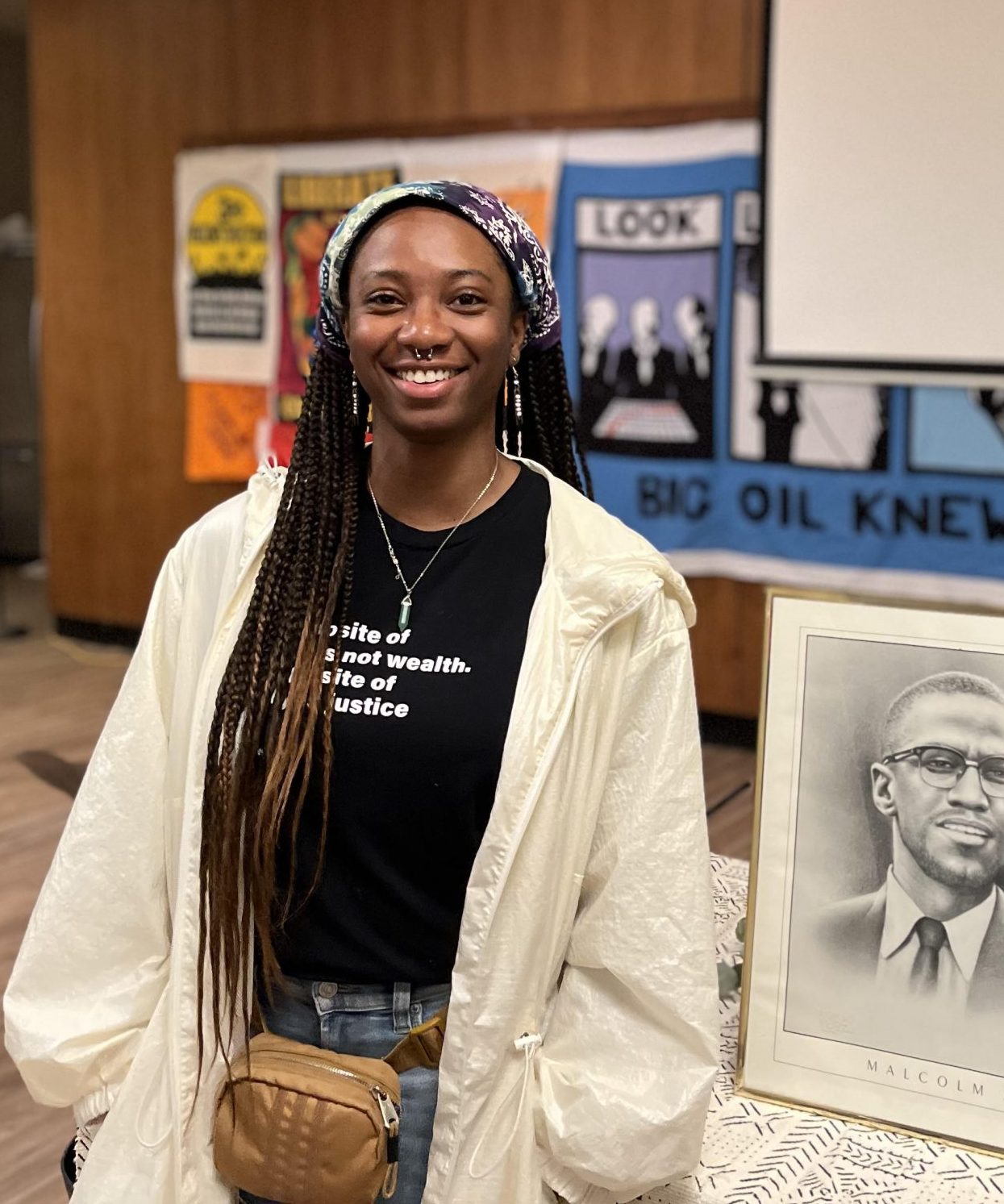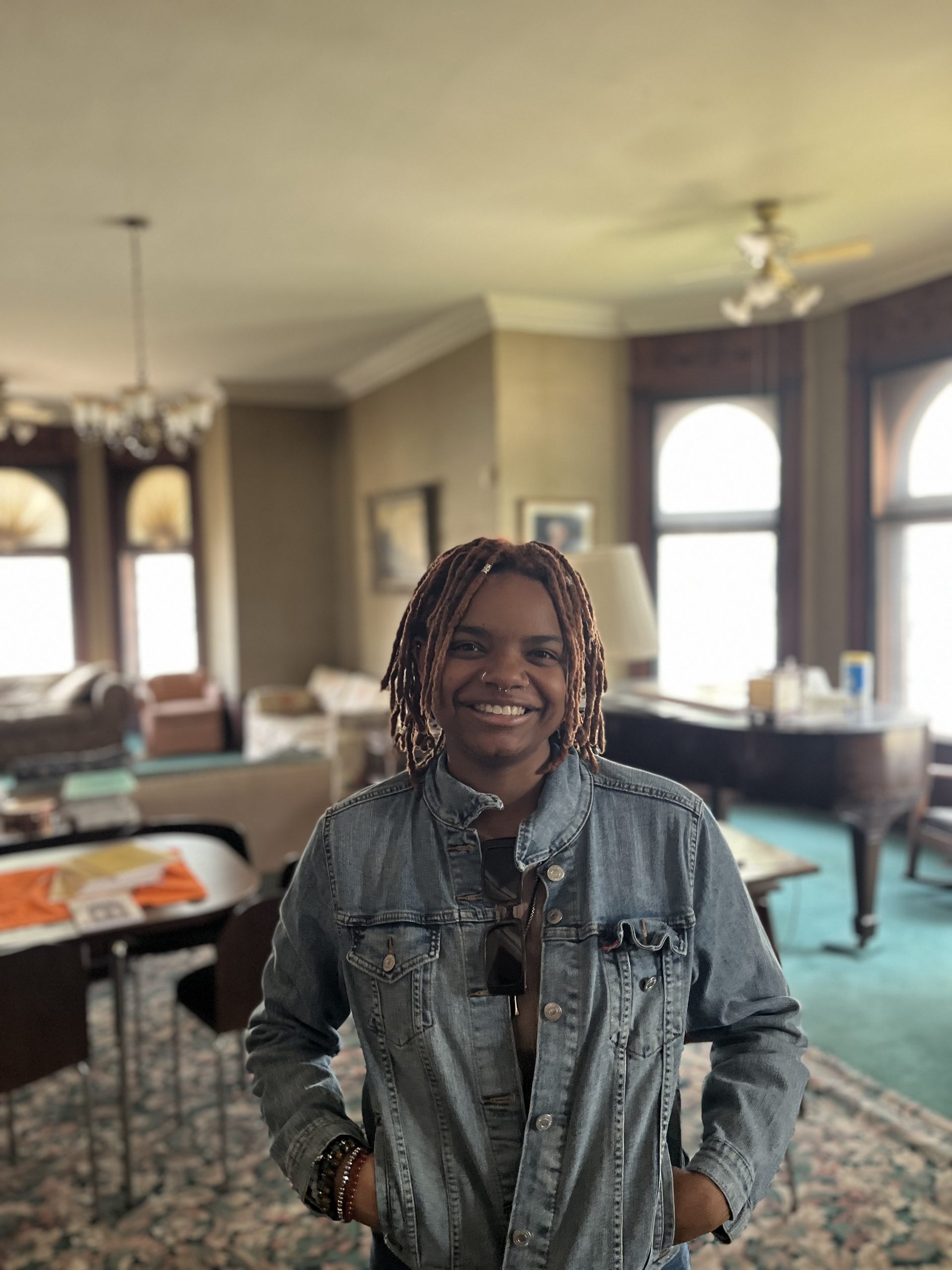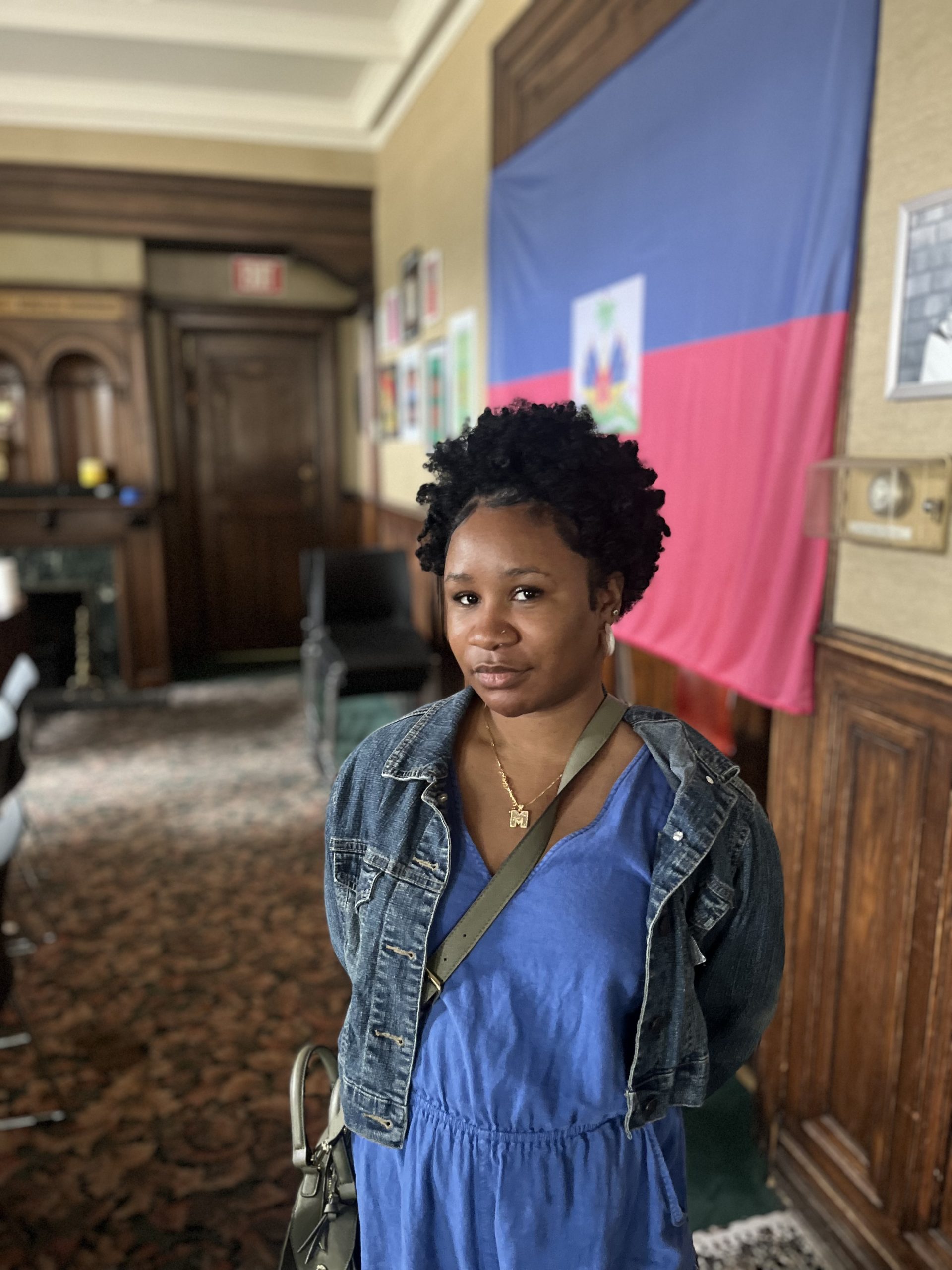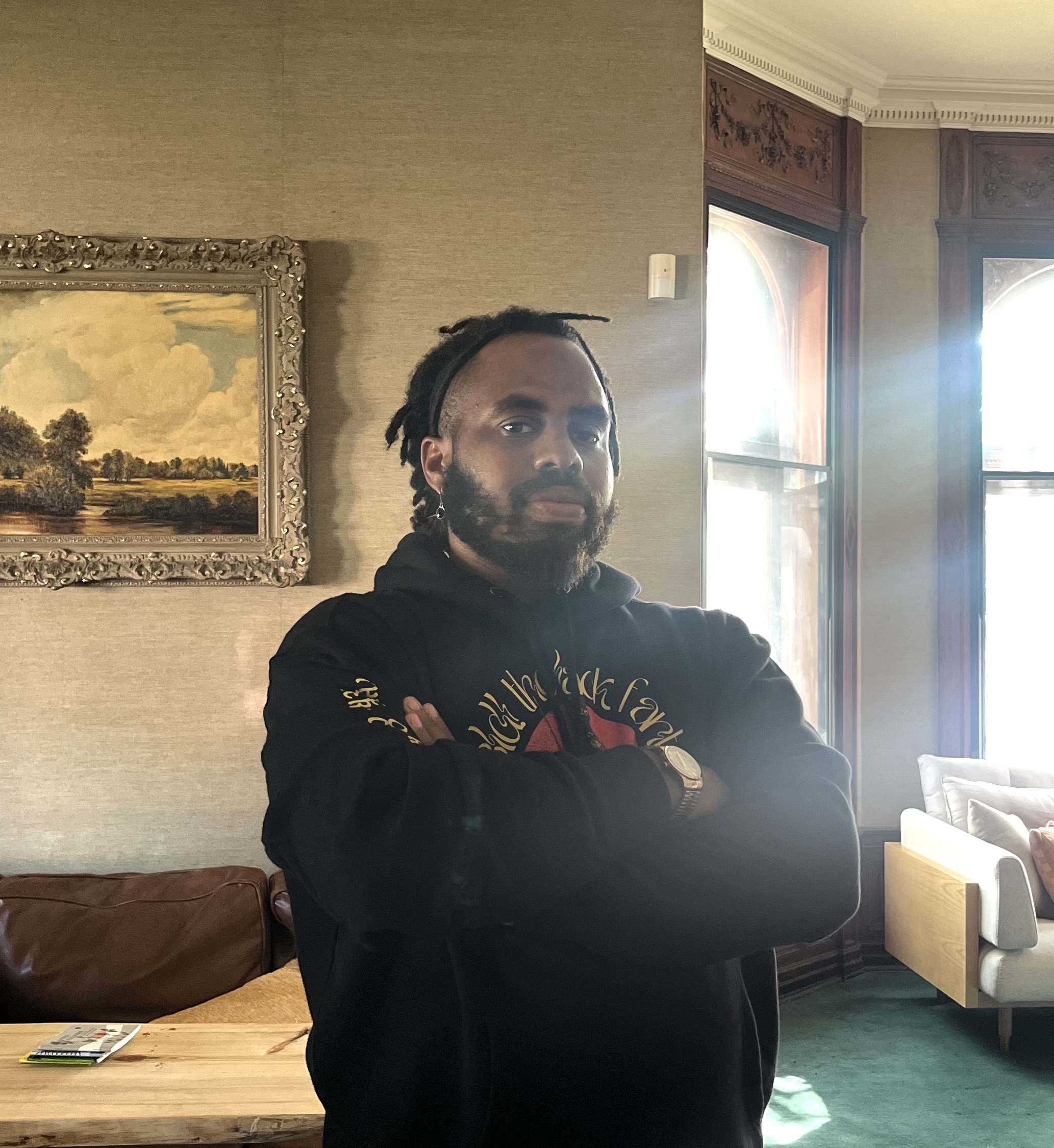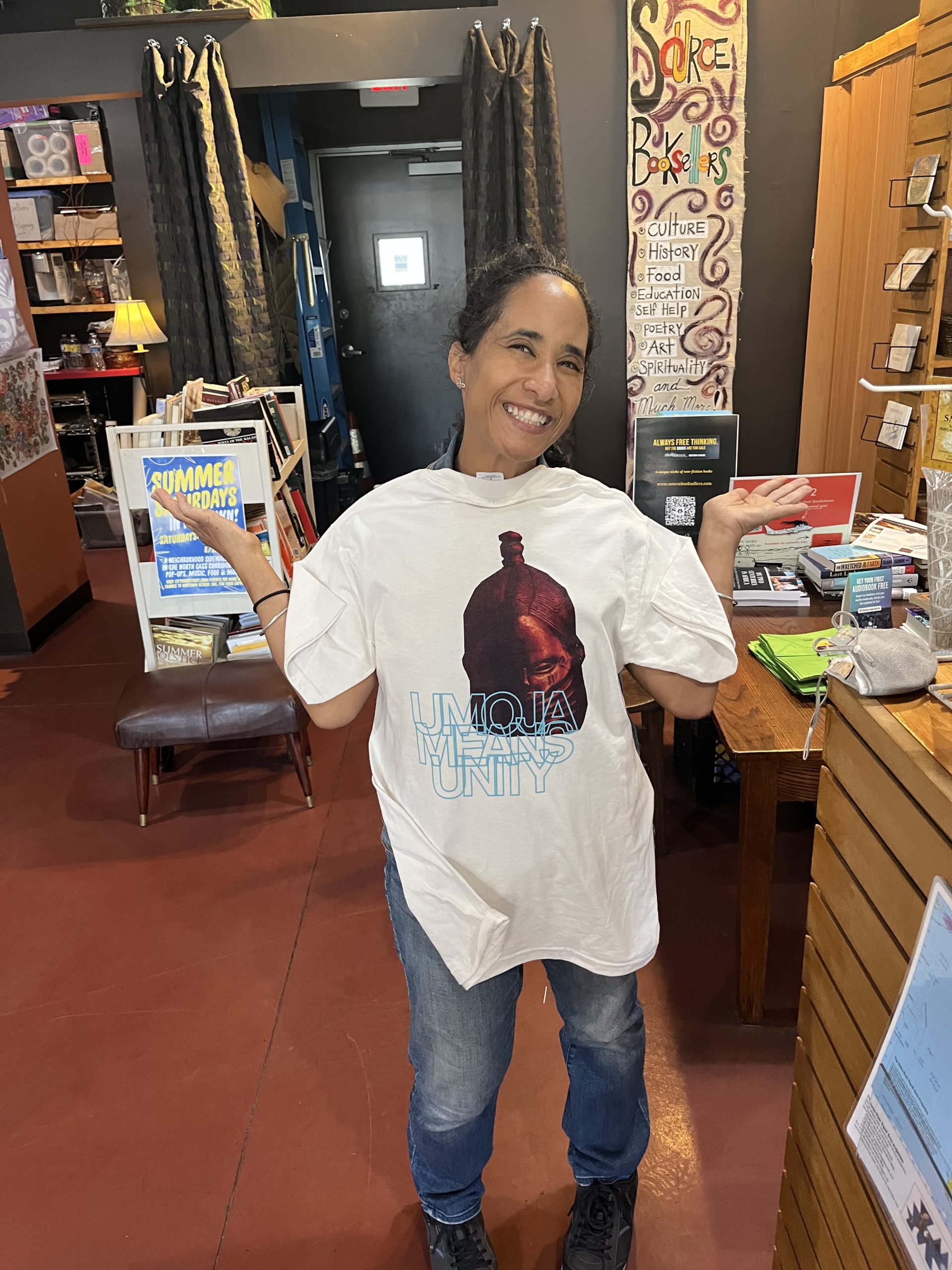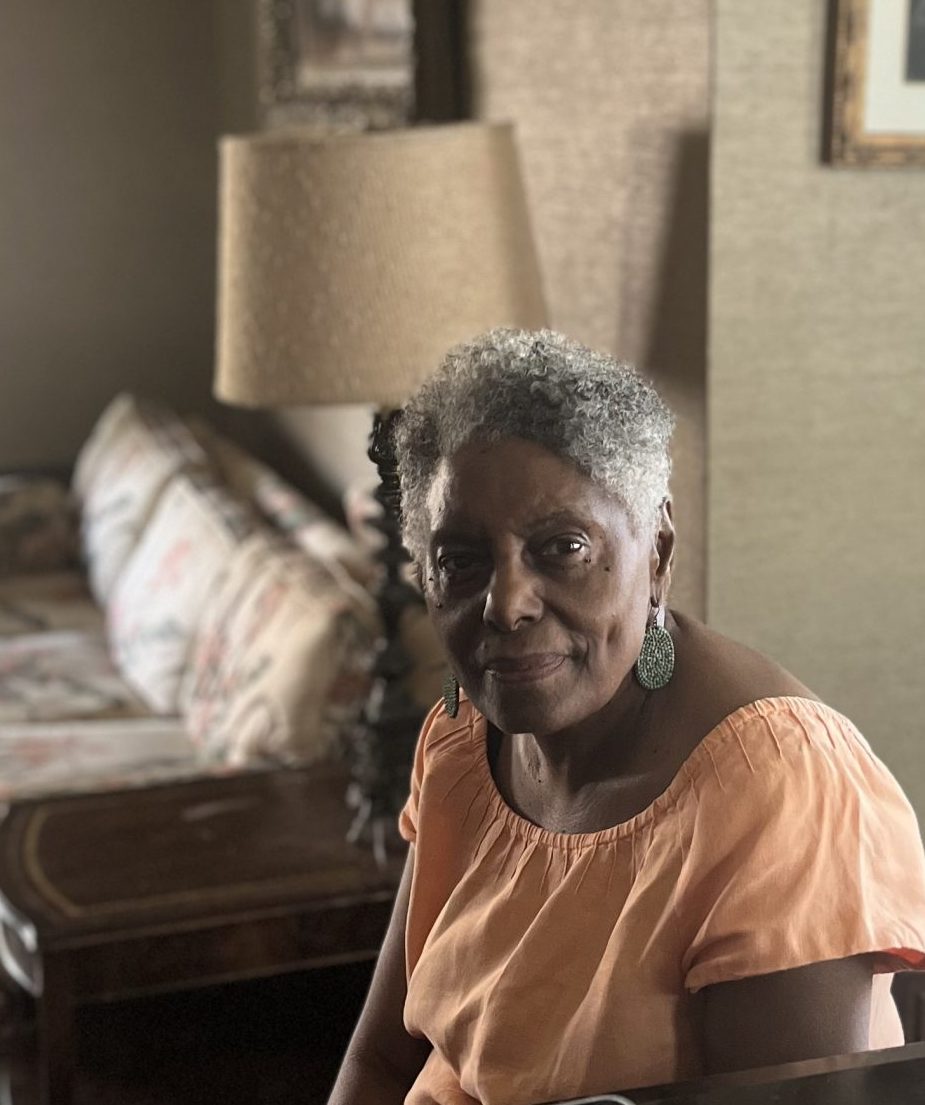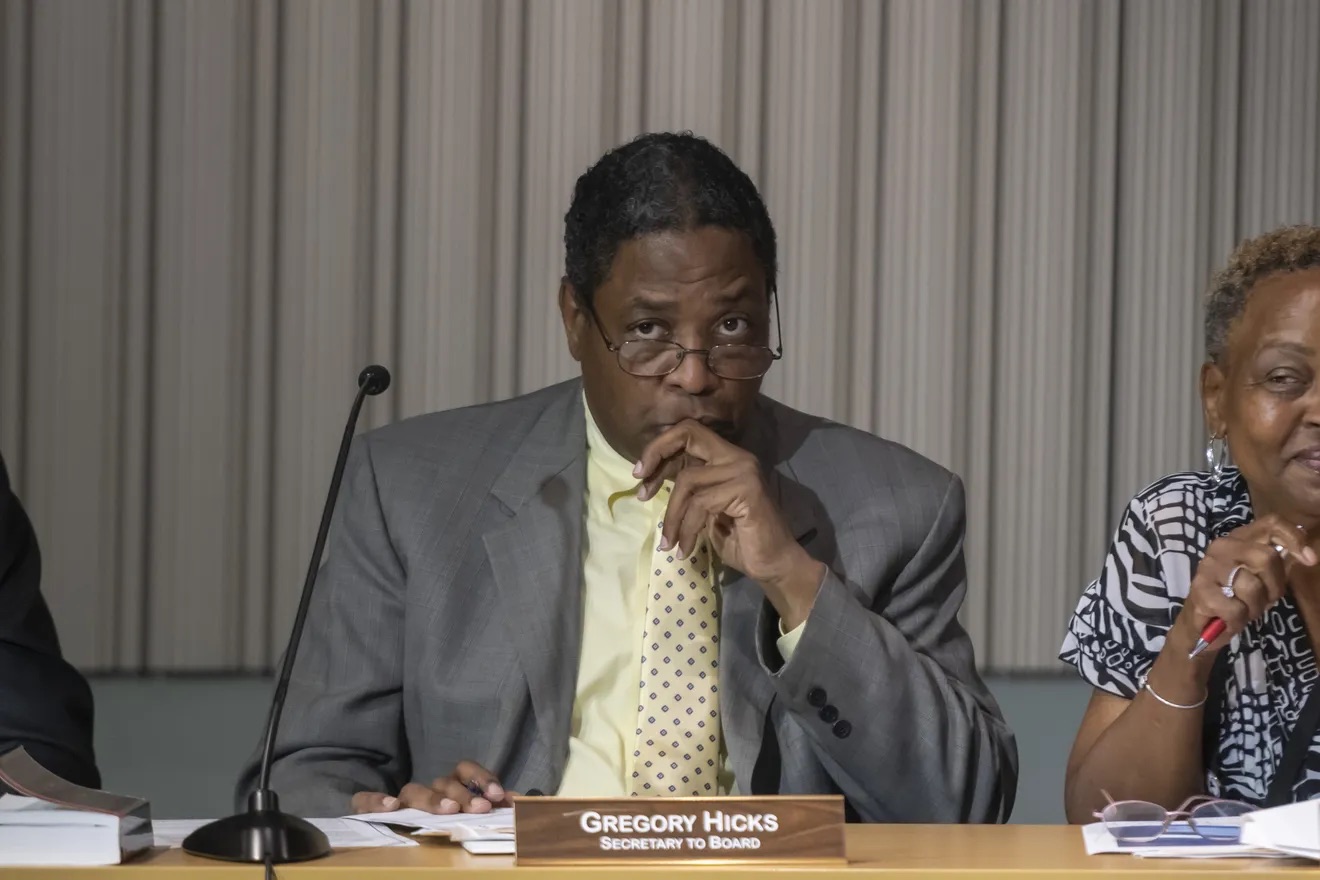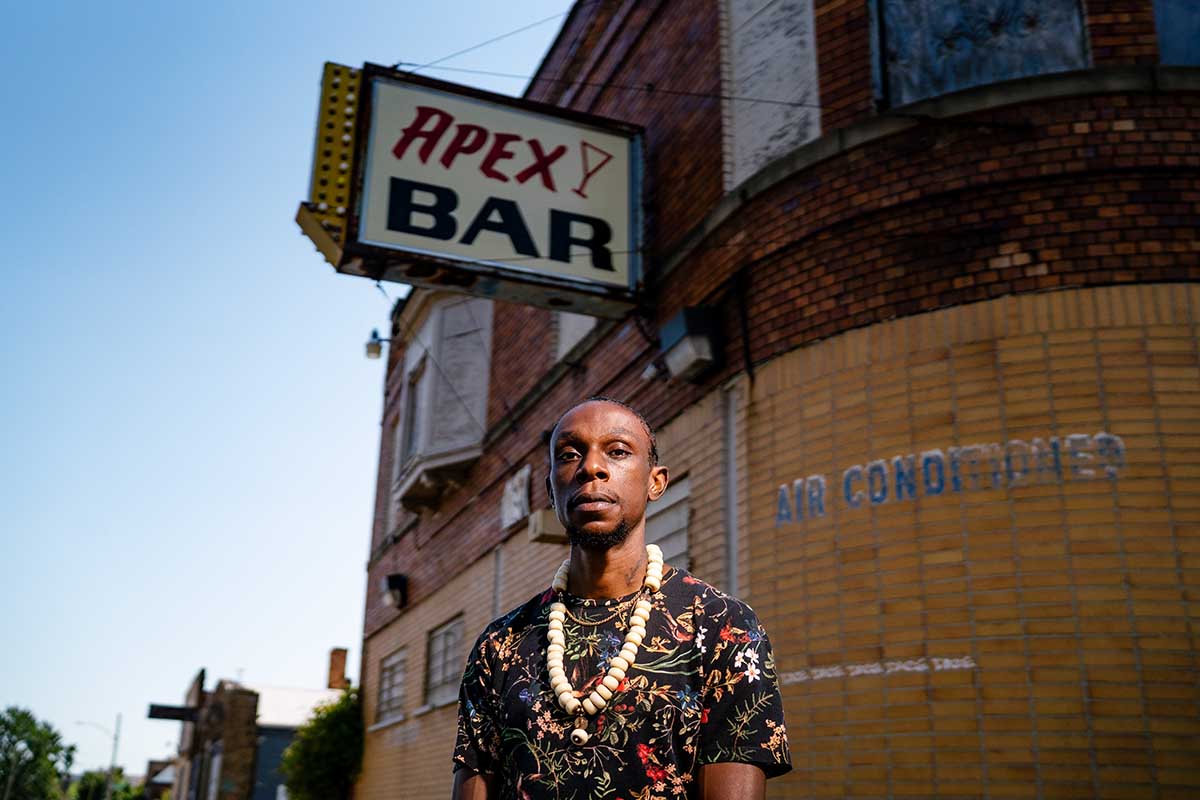The world witnesses as a colonial, occupying force, backed by Western munitions and money, massacres the people of Palestine, while extending the longstanding apartheid practices of weaponizing supply cutoffs of water, electricity, fuel/gas, and food against the Palestinian people.
Continually, in all of our communications and in our education programs, we repeat the basic statement of environmental justice principle:
“We struggle successfully for environmental justice, only when we fight against the systems and structures that cause environmental injustice. As we look around at the world’s major polluters, we find that they are the same corporations that exploit our labor, they are militaries who destroy communities and natural resources, and they are settlers and colonizers who view land as something to squeeze dry for pleasure and profit. The same forces that are causing environmental injustice are also causing social and political injustice– our crisis is multifaceted.
As we know that the same systems and the same forces who exploit the people also exploit the planet, our fate as working class and common people is directly tied to the fate of our environment.”
So when we look at the 80 years of brutal ethnic cleansing and land theft of the people of Palestine by imperialist and capitalist forces, we see clearly a war on the people of Palestine and a war being waged against the land and against the waters. Who defends the land, who defends the trees, who defends the water, not as a resource for profit, but as a site of survival, a place that generates life, an ecosystem, a home, something sacred in and of itself?
The people of Palestine fight for their lives, day after day, month after month, year after year. Many in the richest nations and neighborhoods sit by watching as, yearly, mosques are raided and desecrated during Ramadan and other holy seasons. In Palestinian funeral processions, mourners are attacked and beaten in broad daylight by soldiers and police. The blockade is strangling a people in need of medical supplies and humanitarian aid. The occupying forces use contamination and water shutoffs to render Palestinian lands unlivable and susceptible to capture. Just as quickly as homes and farms are bulldozed, makeshift housing is occupied, sheep and crops are replaced by dumping sites and artificial water pumps and reservoirs contributing to desertification. Such is the environmental cost of apartheid. Palestine’s defenders fight against a regime of bulldozers and concrete crushers as well as tanks and fighter jets.
We understand who defends the trees.
Whoever defends themselves against the war-machines and the war-mongers of the wealthy nations, those driven by greed who crawl the earth in search of profits to extract and populations to exploit; whoever speaks up for themselves against colonial domination and capitalist extraction, against those who drop bombs from the sky to decimate the land, they also mount the greatest fight against pollution, and they, more than any, defend the trees, the soil, the air, the water. Whoever fights back against the earth’s greatest polluters must be the earth’s greatest defender, and our undying solidarity is the least we could lend to one another in such efforts.
Nothing could be more destructive of the environment than militarism, than hyper-industrialized militaries commanded by war-mongering politicians and lobbyists calling for the erasure of a people already trapped in an open-air prison in Gaza. The people of Palestine defend their humanity and their homes and in so doing, they defend the land, the soil, from bombs, shells, mortar, from pillage, from pollution, from devastating extraction. Palestine fights to defend regenerative ways of grazing and farming, in defending unlikely and unwilling frontline fighters, nomadic herders, fighting for their lives, their livelihoods, and their ways of living.
For the freedom fighter, and for everyday people, the land is not for profit; it is a site of survival. So too the water. In fighting for their survival, the people of Palestine fight for the sovereignty of the land and the water, free from the warships, aircraft, and guns, free from the same kind of blockade used to strangle Cuba. Such a fight is fundamentally a fight for water, clean, uncontaminated, uncaptured. Such is a fight for self-determination, revealing the oneness of a people with the land.
The people of Palestine—rising once more, with an overwhelming desperation, fighting against the odds, facing the stubborn backs of Western powers turned on their cries for recognition—defend not only themselves, but all oppressed people, all stateless people, all internally colonized, all imprisoned, ghettoized, deliberately starved, and systematically silenced people. We must defend Palestine as Palestine defends us all.
We must all join the calls echoing the world-over to FREE PALESTINE, to return stolen homes and homelands, to end military aid to the occupation forces, and to assert the human right to recognition, self-determination, and statehood for the people of Palestine.


